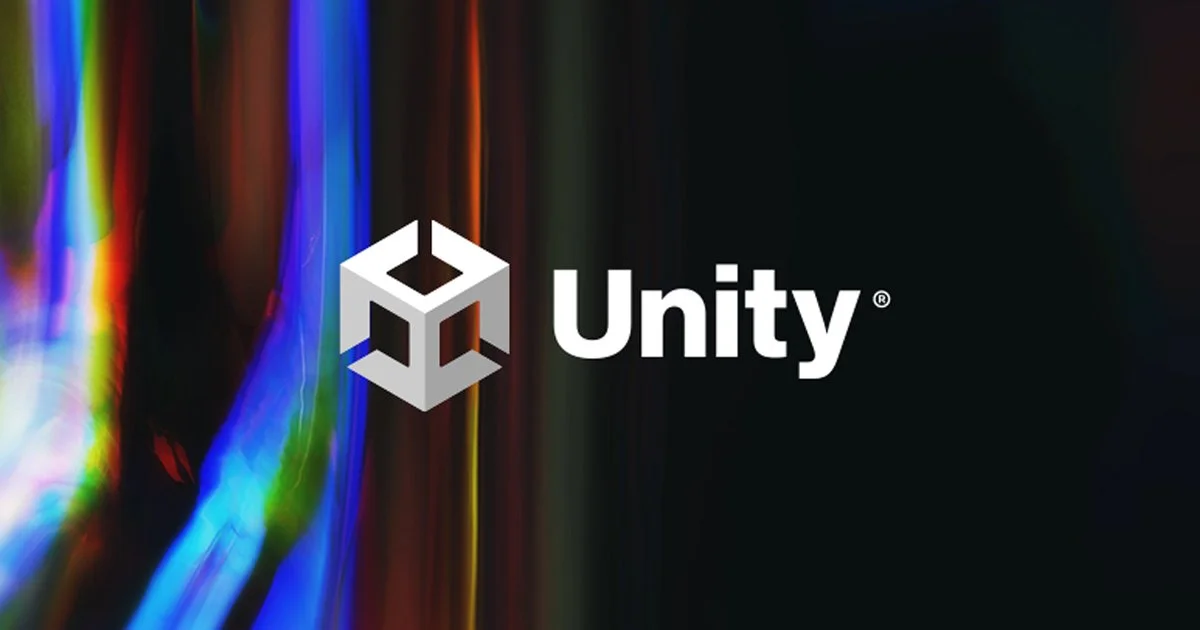Unity's controversial pricing shift unites gaming industry in opposition
Unity has made a controversial move in the gaming industry by changing its pricing model for its game engine. They announced that developers would now be charged per installation of their game, alarming many indie developers.
Initially, the announcement stated that every install would incur a fee, causing concern about players manipulating installations. Unity later clarified that charges would apply only to the initial installation, but this doesn't cover multiple platforms like PC and Steam Deck.
Regarding piracy, Unity claims to have fraud protection technology, but this raises concerns for developers. Demos of games won't be charged a fee unless bundled with the full game, and charity bundles are exempt but require notification to Unity.
For games on subscription services like Game Pass, Microsoft would bear the cost, though they haven't responded to this unexpected responsibility.
Despite some clarifications, this pricing change has been met with widespread disapproval. Developers are considering alternatives like Unreal Engine, questioning Unity's future viability, given its declining stock value and revenue-driven decisions. There's also controversy surrounding Unity's higher-ups selling stock before the announcement, eroding trust.
Even if Unity reverses its policy, the damage to trust may lead developers to abandon the engine. The impact on games like Genshin Impact, using Unity, remains uncertain. Developers and industry giants like Microsoft are closely watched for their response to this unexpected fee-based model.


